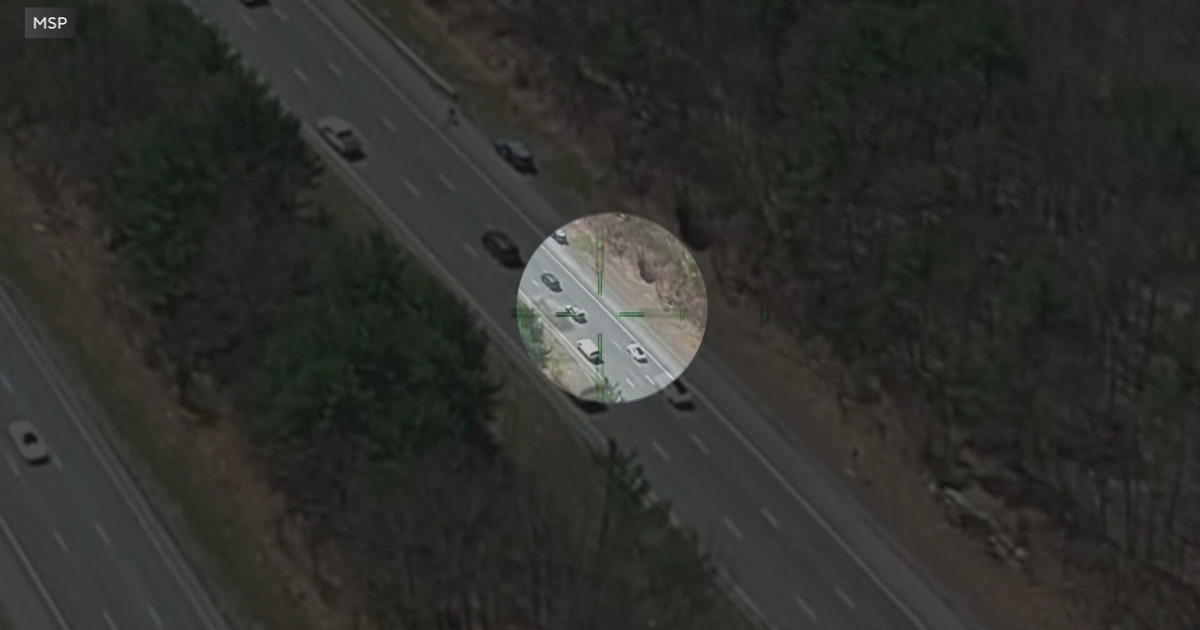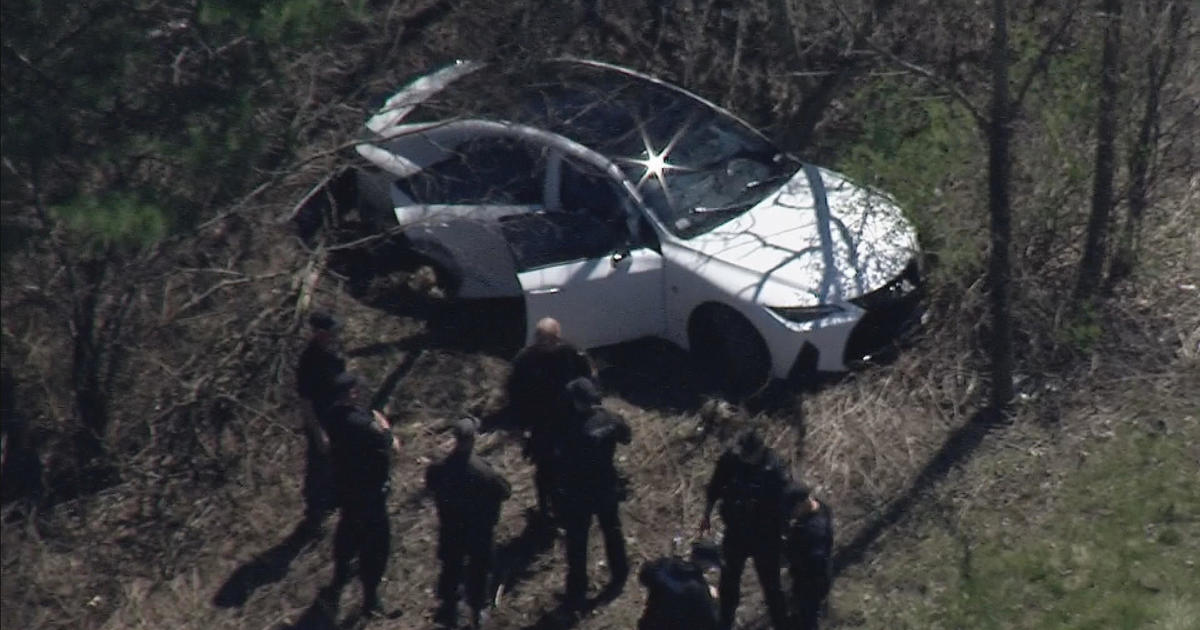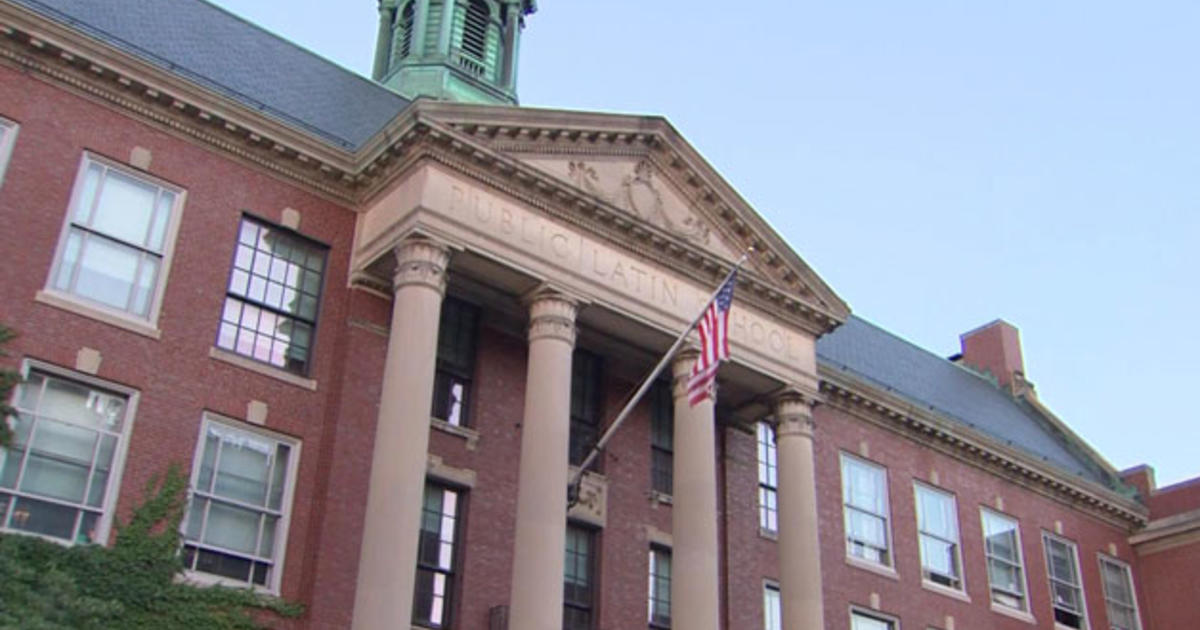Panel Issues Guidance On Police Encounters With Children
BOSTON (AP) — A special commission created by the state's new police accountability law released its first set of recommendations Wednesday offering guidance to officers during interactions with children, including children in Black communities.
Among the recommendations is that police involved in a situation with a child "remain calm, engage the minor child in dialogue, and attempt to gain cooperation and trust from the minor child whenever safe and feasible," according to the Massachusetts Peace Officer Standards and Training Commission report.
Police should also approach a child in a way that is slower and more deliberate than an adult to help build trust, explain their role as a peace-keeper and de-escalate the situation. Children should also be given the chance to comply with instructions and police should encourage questions and use non-threatening language.
Adopting a calm, collaborative, respectful, and firm demeanor with minors to prevent a fight, flight or freeze response can also help ease tensions during an encounter and avoid tactics that are demeaning or likely to humiliate the child, the report said.
Children are uniquely vulnerable to violence and trauma and interactions with police often represent a child's earliest experiences with the legal system and may alter a child's sense of security and regard for authority, the report said.
Research has also found that children are developmentally distinct from adults, have less emotional self-regulation, are more susceptible to peer pressure and are less able to consider how decisions they make in the moment could change their future.
The report pointed to research that found Black Americans experience a greater frequency of police contacts, discretionary stops, and police harassment.
Discretionary stops that are seen as unfair or discriminatory can undermine trust in police and the justice system. Those perceptions also impact the attitudes children in the community have toward police, the report said.
The guidance is meant "to suggest productive ways for law enforcement to engage and build positive relationships with youth while keeping communities safe," Superior Court judge Margaret Hinkle, the commission's chair, said in a statement.
The commission also recommended police training focus on "implicit and explicit bias training to address racial, age-based, gender, cultural, linguistic, and economic bias" and include special considerations officers should take with children suffering "from cognitive/and or mental health issues, minor children under the influence of substances, minor children with disabilities, and minor children for whom English is not a first language."
The report acknowledged that increased exposure to threats of violence can create high levels of stress in police and that exposure to the serious injury or death of a child is one of the most stressful incidents police can encounter. Police involved in serious incidents with children should have access to support and debriefing, the report said.
The nine-member commission was created under a sweeping police accountability bill Republican Gov. Charlie Baker signed into law in December.
The law also bans the use of chokeholds, bars officers from shooting into a fleeing vehicle unless doing so is necessary to prevent imminent harm and limits the use of "no-knock" warrants. It also creates a duty to intervene for police officers when witnessing another officer using force beyond what is necessary or reasonable under the circumstances.
(© Copyright 2021 The Associated Press. All Rights Reserved. This material may not be published, broadcast, rewritten or redistributed.)



